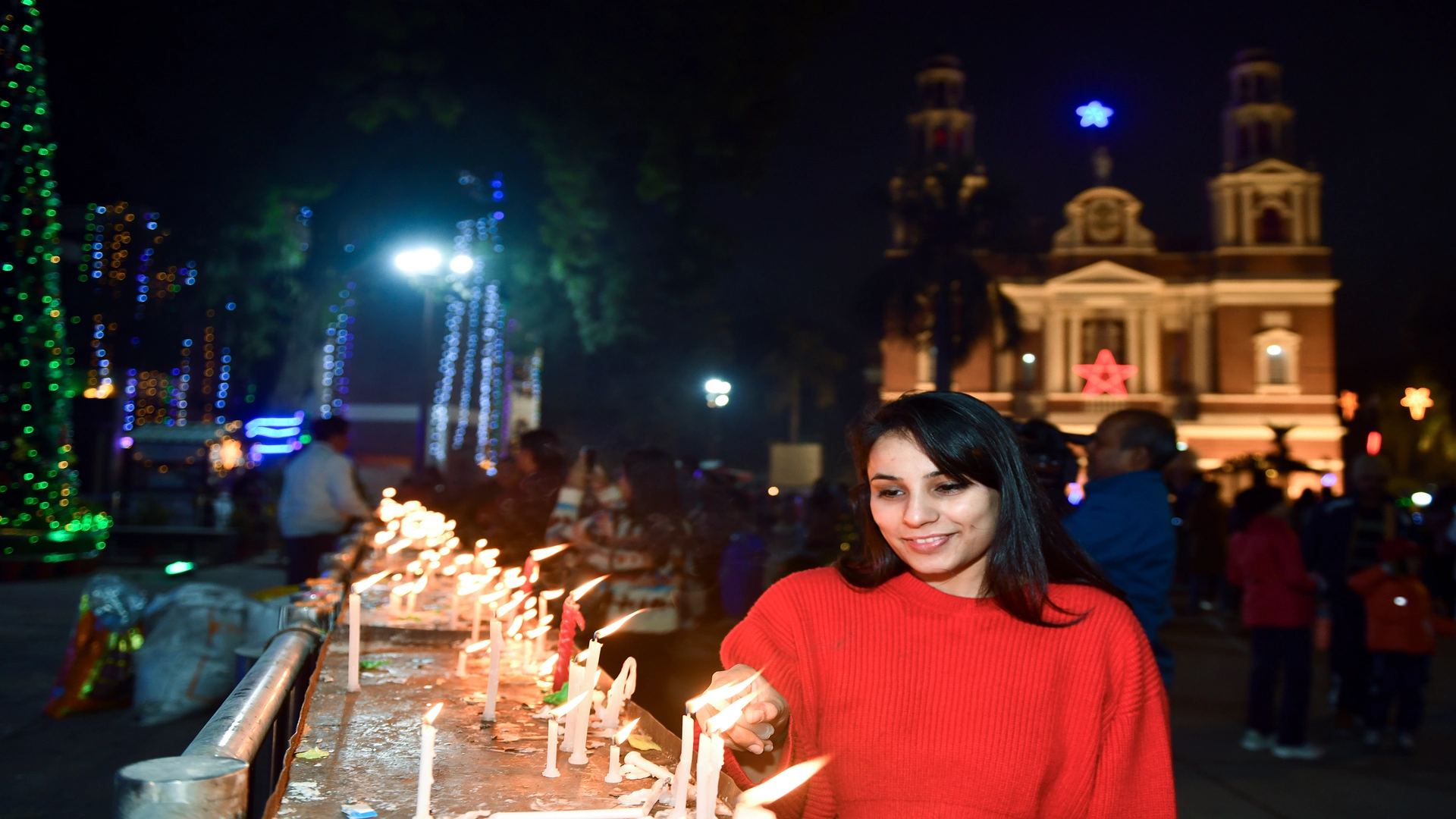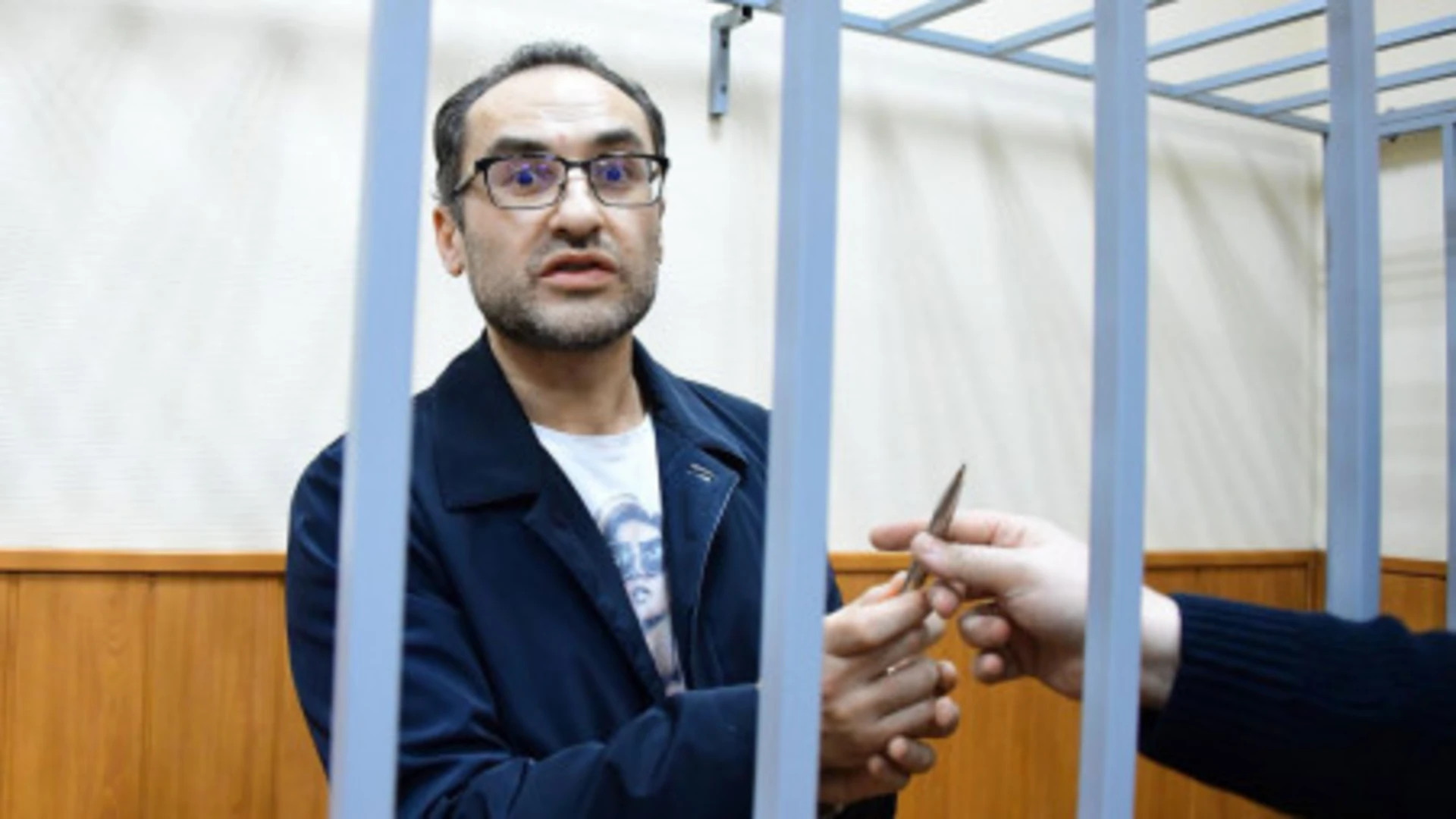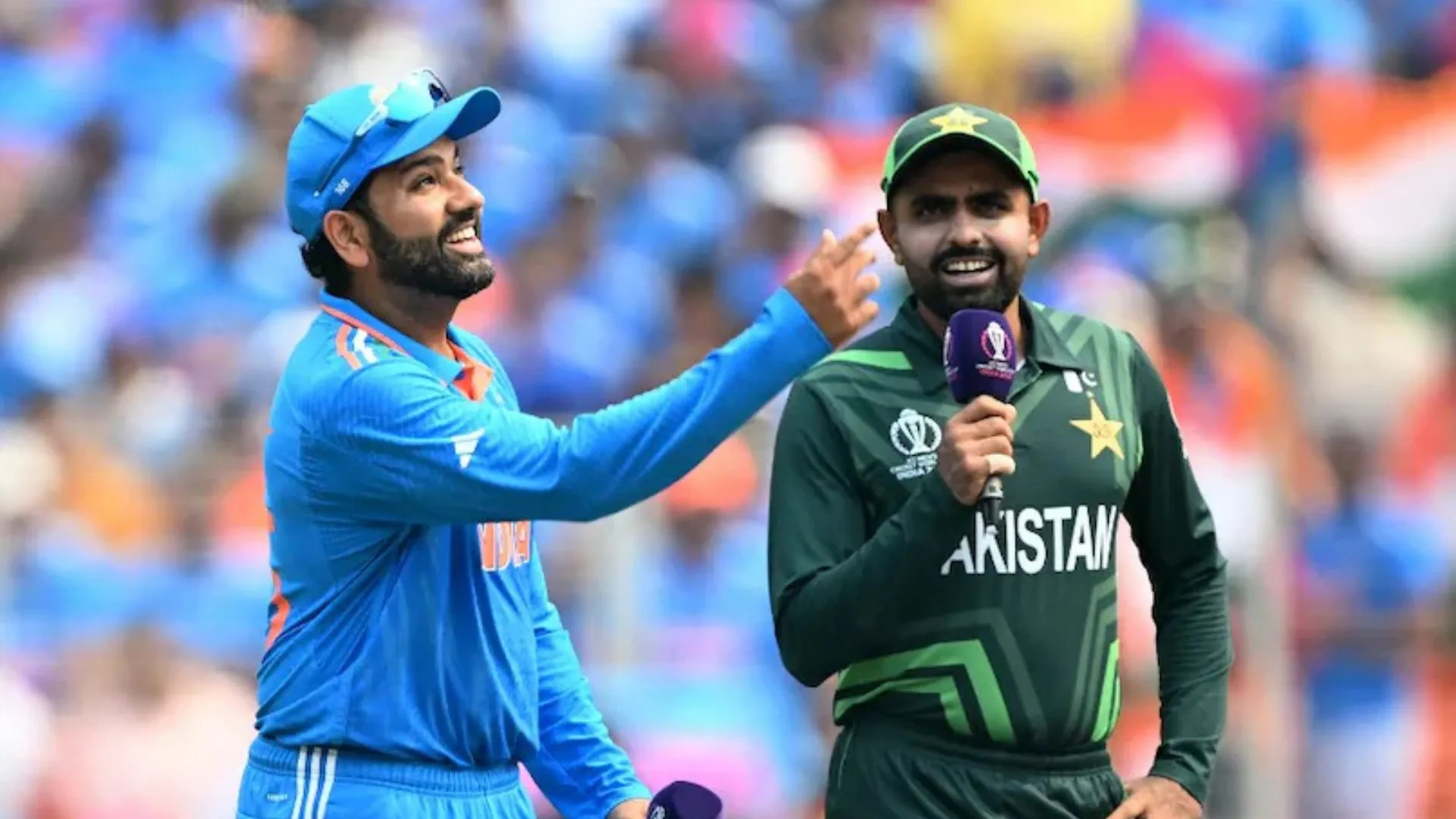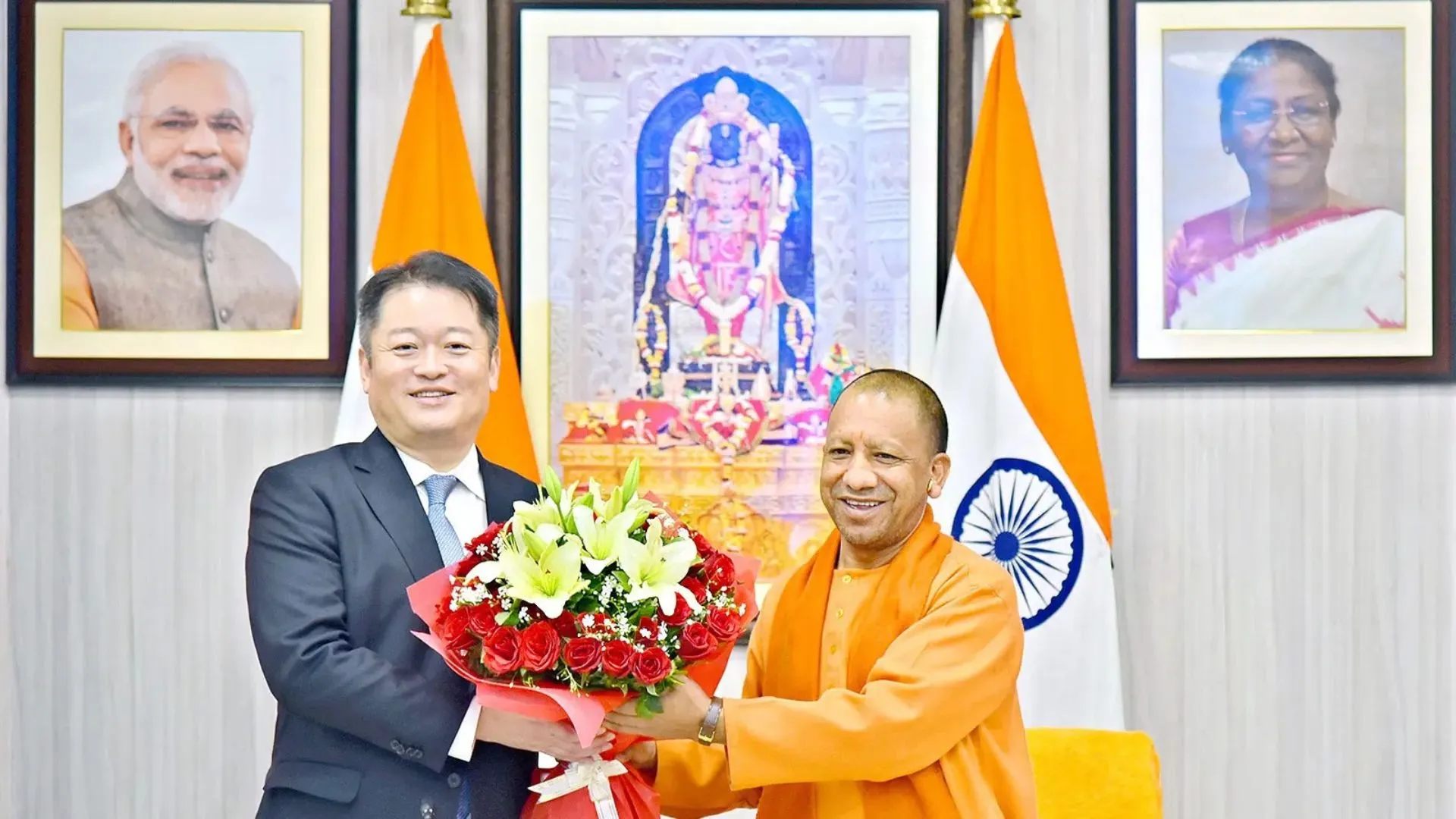DDLJ brought about another transition Two decades ago, the attribute of a good man was his austerity. A man from India migrates to London, settles there and has two children but holds on to his Indian roots. This was not Chaudhary Baldev Singh (Amrish Puri) from Dilwale Dulhania Le Jayenge (DDLJ) (1995). This was Sharma (Madan Puri) in Purab aur Pashchim (1970). DDLJ may have been released in October 1995, but it’s story dates to the 1960s. Baldev Singh refused to shake off his dogma of western nations being the anthesis to Indian sanskar because of their all-corrupting cultures of drinking, smoking, night-club life and multiple sexual partners. He is a control freak of a father not dissimilar to Bahadur Khan (K.N. Singh) in Barsaat ki Raat (1960). He has decided who his daughter will marry. And knowing that she stands no chance to counter her stentorian father, poor Simran ‘buries alive’ the unknown dream boy her poetry created.
Logic dictates that a film in 1995 with an outdated story like this should have tanked at the box office. But DDLJ worked like a dream because its story was about a transition. People Azim Premji, Shiv Nadar and Dr. Manmohan Singh had already integrated a new India with a boundaryless world of collaboration and adaptation. Baldev Singh was a dinosaur – he could not possibly exist today. Simran will win the war of transition.
DDLJ brought about another transition Two decades ago, the attribute of a good man was his austerity. If a young man was rich, he was obviously up to no good – Vijay in Deewar (1975) being an example. But for this Gen 90s, owning a new car by the age 26, overseas jobs, and vacations in Disneyland figured in their bucket lists. Wealth was health and they celebrated it – the way wealthy Dharamvir Malhotra (Anupam Kher) urged his son Raj (Shah Rukh Khan) to enjoy life and not worry about studies. We usually see this brandishing of wealth only in villains e.g. a rogue zamindar encouraging his son to pursue a debauched life. But DDLJ was unapologetic about its advocacy of consumerism so long as legal and moral boundaries were respected. This honesty was fresh as the snow on Swiss Alps and hit the right notes with the young masses.
Simran’s transition was facilitated through a series of dream-like coincidences. The Raj-Simran squabbles on-board Eurail and elsewhere in Europe were reminiscent of those of Asha Parekh-Shammi Kapoor in Teesri Manzil (1966). The picturization Ruk ja o dil diwane reminds one of Aaja aaja main hoon pyar tera. One of Raj’s friends was called Rocky (Karan Johar) – was it a tribute Shammi Kapoor whose stage name in Teesri Manzil was Rocky? Like typical road romances, DDLJ manufactured circumstances too, to compel Raj and Simran to spend a night together, similar to the Raj-Nargis episode in Chori Chori (1956). Raj drives a high-end sports car in Switzerland (presumably rented) but claims that he doesn’t have the money to pay for two hotel rooms. Either he is an incorrigibly fibbing flirt or maybe because these were ‘conspiracies-made-in-heaven’. Either way we accept it. And the frames at the start of Zara sa jhoom loon main in the barn reminds one of Aankhon me kya jee from Nau Do Gyarah (1957) – including the whistling. Simran has never consumed alcohol before, but she gets drunk one night on the road journey. She wakes up the next morning petrified that has lost her virginity. She hasn’t. But loses her heart to Raj out of gratitude for not having taken advantage of her drunkenness. Simran was fighting back and starting to win. At the same time, familial ties and ties to Indian roots were respected. Rather than elope, Raj prefers to dig in and win over the hearts of all, young and old, friend and foe. Consent, will, concurrence and respect for elders… DDLJ was a traditional old-world story in a refreshing way and represented the reality of that generation in transition from the old to the new.
Would DDLJ with expat characters have worked in 2023? Unlikely, as the transition from old to new has already happened. Parental consent while choosing partners is often not sought by this generation of expatriated Indians. So, there would be no story to tell.
Balaji Vittal is a National Award winning and MAMI Award winning author of Bollywood books, a columnist, a Bollywood commentator and a public speaker. He can be reached on Twitter at @vittalbalaji and his website is www.balajivittal.com








